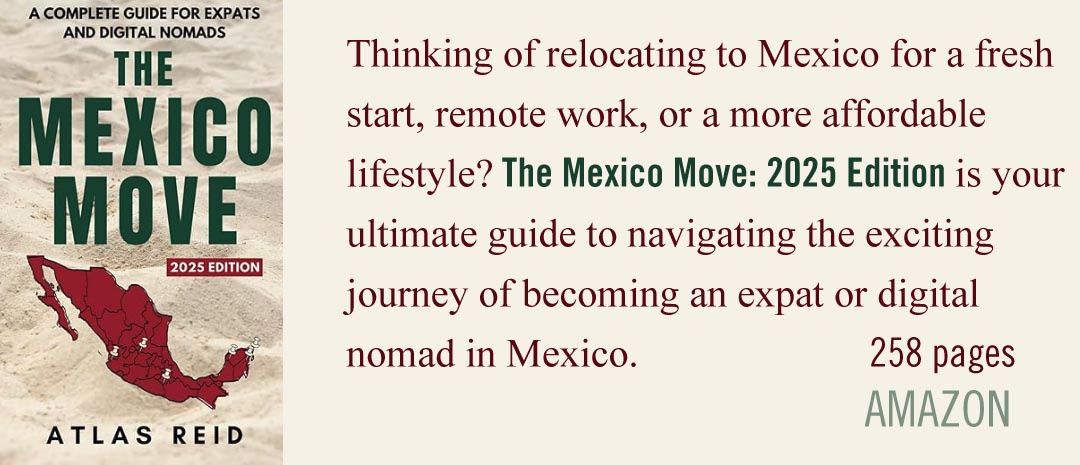Expat in Washington DC
Expat in Washington DC

H Street and 17th - just before Farragut Park
A very brief overview of the main tips for a quick touristy visit- - eating and sightseeing - - to Washington DC at traveller.com.au
Living in Washington DC for an Expat
The Traveller news item is really more of a tip guide from an Expat rather than a guide for an expat. Living in or near Washington DC ("DC metro area" is how it is usually summed up locally) is a whole different world from the one a tourist experiences with a brief visit. A basic concern for an expat considering a residency in Washington DC is the usual place where expats start: the cost of living. In this area, DC is higher than much else in the United States. On the other hand, it is not anything like the cost scale of living in New York City or San Francisco
A Personal Appraisal
The city has had major improvements since the moribund days of the 1970s and early 1980s when decay was the norm (and consequently the suburbs in Maryland and Virginia enlarged), but beginning in 1983 or so a building boom started* and has only rarely slowed (but not stopped) whenever the periodic recessions of the US economy causes a standstill just about everywhere else. In fact, when the economy of the USA takes a dive, government programs usually shift into high gear and get bigger, which produces a demand for more federal workers and employees for the various private companies that support the federal government. I have often heard that the DC area is "recession-proof" for just these reasons.
Crime is real and there are dangerous areas of Washington DC, but police enforcement in the Capitol has improved considerably since the 1970s for reasons having to do with pressure from the Federal government onto the local government, but also because more money has been spent on the two main police forces in the city (the Capitol Hill police is a federal law enforcement agency, whereas the DC police are a different city-wide force). On top of those two are numerous private security companies and a large variety of Federal agencies that have their own armed security. Street crime is real and a risk like any urban place in the United States, but on the other hand, since 9/11, Washington DC has developed into a place where a readiness to deal with "trouble" is a specific problem with a large number of people assigned to solving it. The city is not an armed camp, but could become one quickly if the need were to arise.
Green areas are numerous, and with the Rock Creek Parkway system that bifurcates the city, there is an artery of raw nature that cuts through the city, and besides the army of squirrels that are in the city, I have seen deer in locations where only a hundred yards away car traffic and the public transportation system of buses and subways are making the typical urban racket.
Washington DC is the stuff of a hundred guide books and web sites (for example this one here), so finding information on how to live and use the city is not hard. For good and ill, it is a true urban environment, though I have had people from NYC tell me that DC 'is not a city, it's just a big town. New York is a city...' which is actually a kind of compliment and perhaps provides an insight to some of the charm possible in the vast residential areas of the District. Americans are used to seeing DC portrayed in film and TV as a land of marble temples, government buildings and statues, but the reality is that the majority of its space is made up of homes and parks.
* One of the most admirable results of this boom has been the rehabilitation of historical public buildings. DC's Union Station is an example of this. It was a boarded up hulk in a very tough area at one time, but since the early 1980s it has over the decades been continually improved and expanded upon without compromising it's original design. Originally completed in the 1920s, it is touted as the "last of the great railway stations" in America.

AMAZON: The Expert Expat: Your Guide to Successful Relocation Abroad
